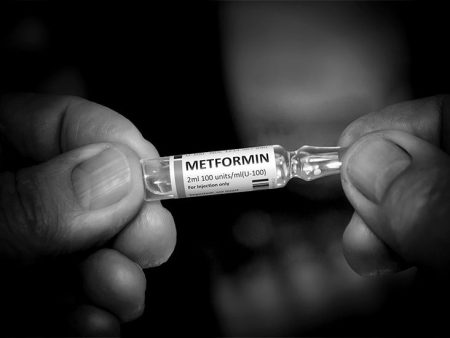A recent animal study suggests that intense exercise may unexpectedly contribute to weight gain by reducing subsequent physical activity and lowering body temperature. The study, published in Medicine & Science in Sports & Exercise, focused on the impact of circadian rhythm on physical activity and body temperature. Corticosterone, a stress hormone that regulates this rhythm, was found to influence activity levels and heat production. While exercise is essential for overall health and weight management, it is important to consider the effects on subsequent activity levels and circadian rhythm when designing weight loss programs.
The researchers hypothesized that a single session of high-intensity exercise could disrupt corticosterone’s circadian rhythm, leading to decreased physical activity and lower body temperature. Mice were divided into three groups: high-intensity exercise, moderate-intensity exercise, and rest. The results showed a disruption in the synchrony between physical activity and body temperature, with low corticosterone levels during wake times being associated with reduced activity. This disruption may contribute to weight gain despite no changes in food intake.
Lead researcher Takashi Matsui emphasized the importance of considering not only the calories burned during exercise but also the subsequent activity levels and circadian rhythm when designing effective weight loss regimens. Matsui explained that disruptions in corticosterone’s circadian rhythm and synchronization between physical activity and body temperature could lead to weight gain despite exercise. Ryan Glatt, a brain health coach, suggested that it might be more beneficial to focus on moderate and consistent activity rather than intense exercise for weight loss. However, it is essential to consider that the study was conducted on mice and may not directly apply to humans.
Mark A. Anton, MD, noted the fascinating nature of the study and highlighted the need to manage the impacts of vigorous exercise on activity levels and body temperature regulation to avoid counteracting weight loss efforts. Anton recommended a balanced approach that combines moderate-intensity aerobic exercises with resistance training to burn calories, build muscle, and maintain metabolic rate. Matsui also stressed the importance of engaging in regular moderate exercise that does not hinder daily activity to sustain the benefits of exercise and prevent unintentional weight gain.
In conclusion, the study suggests that intense exercise may have complex effects on metabolism that could lead to weight gain by reducing subsequent activity levels and disrupting body temperature regulation. It is crucial to consider the impact of exercise on corticosterone’s circadian rhythm and synchronization with physical activity when designing weight loss programs. While vigorous exercise has its benefits, maintaining a balanced approach with moderate and consistent activity may be more beneficial for weight loss and overall health in the long run.















